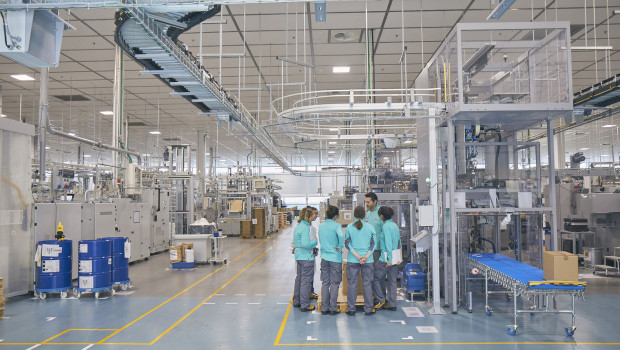Philip Morris outlook disappoints, shares dip

Philip Morris International posted below-forecast numbers on Thursday, on the back of higher costs and weaker-than-expected sales of heated tobacco products.
Philip Morris International Inc.
n/a
n/a
The US owner of Marlboro cigarettes reported a 0.5% decline in shipment volumes of cigarettes and heated tobacco units (HTUs) in the fourth quarter, to 185.1bn.
In contrast, total shipment volumes had risen 2.2% in the third quarter.
However, HTU shipments alone rose 6.1% to 34bn.
Net revenues jumped 11% on a reported basis, or 8.3% once adjusted, to $9bn.
But cost of sales increased by 8.4% over the year, driven primarily by higher manufacturing costs as tobacco leaf and energy prices rose.
Operating income fell 1.2% on a reported basis in the fourth quarter, to $2.9bn, with adjusted diluted earnings per share of $1.36, below forecasts for $1.45.
Looking to the current year, PMI said total cigarette, HTU and oral smoke-free product shipment volume growth was likely be flat to 1%.
A decision by the European Union to ban certain flavours of heated tobacco products was likely see 2bn units knocked off annual volumes, PMI warned.
Adjusted diluted earnings per share were forecast to come in between $6.32 and $6.44. Analysts had been looking for closer to $6.60 per share in 2024.
However, PMI stressed it remained on track to meet its long-term goal of becoming a smoke-free company, with smoke-free products accounting for 39.3% of total net revenues in the fourth quarter.
Jacek Olczak, chief executive, said: "We are pleased that smoke-free products reached nearly 40% of our total net revenues and over 40% of our gross product in the fourth quarter.
"This was led by the continued growth of [smoke-free division] IQOS, which has now surpassed Marlboro in terms of net revenues.
"We are entering 2024 with strong momentum, and we expect it will be another year of excellent performance underpinned by an acceleration in organic smoke-free net revenue and profit growth."
As at 1430 GMT, shares in PMI were down more than 2%, having lost 3% in pre-market trading.